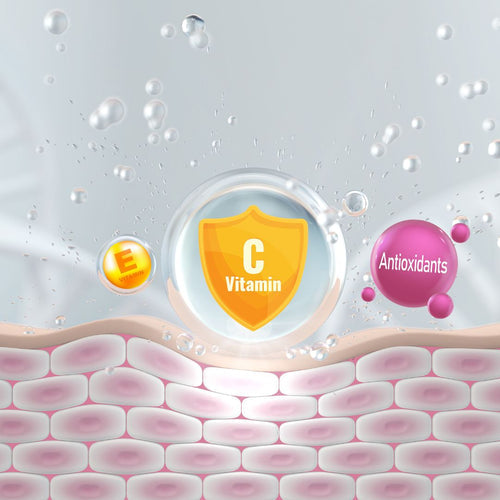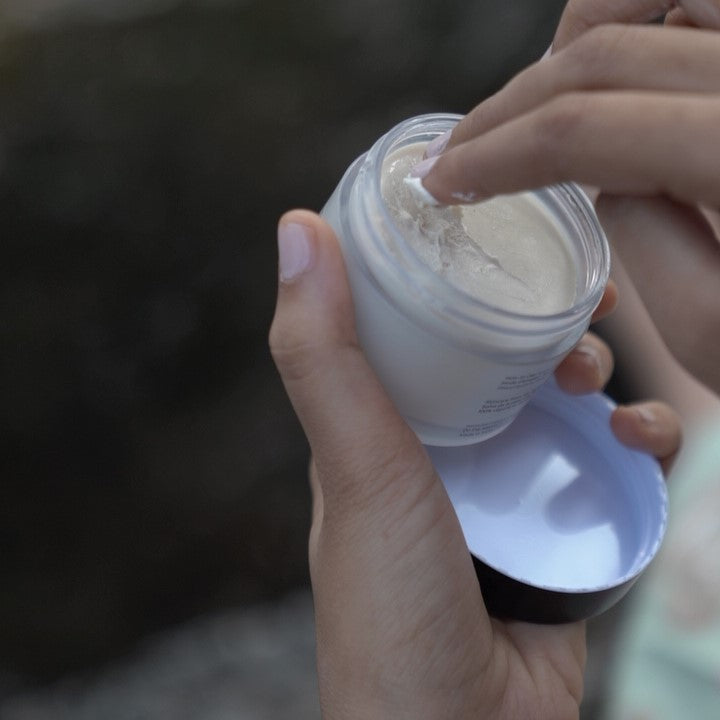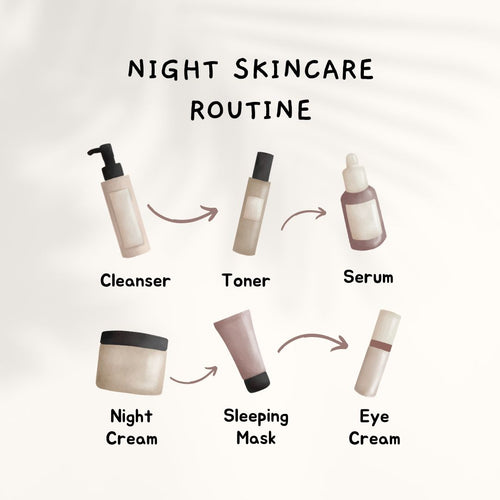Antioxidants are a crucial part of any skincare routine, especially when it comes to face serums. These potent ingredients help protect the skin from damage, reduce signs of aging, and promote a healthy, glowing complexion. Let’s dive into why antioxidants are essential, which ones to look for, and how to incorporate them into your skincare routine for maximum benefit.
Why Antioxidants Matter
Antioxidants are substances that neutralise free radicals—unstable molecules that can cause cellular damage. Free radicals are generated by environmental factors such as UV radiation, pollution, and stress. This oxidative stress accelerates the aging process, leading to wrinkles, fine lines, and dull skin. By neutralising free radicals, antioxidants protect your skin from damage and help maintain its youthful appearance.
Key Antioxidants for Your Skin
Vitamin C
Vitamin C is renowned for its brightening and anti-aging properties. It helps fade dark spots, boosts collagen production, and protects against sun damage. Look for serums with stable forms of vitamin C, such as ascorbyl tetraisopalmitate, which penetrate the skin effectively without causing irritation.

Vitamin E
Vitamin E is another powerhouse antioxidant that complements vitamin C. It moisturises the skin, enhances its natural repair process, and provides protection against UV damage. This makes it a great addition to any good daytime face serum.

Niacinamide
Niacinamide, or vitamin B3, is versatile and effective for various skin concerns. It regulates oil production, minimises pores, and improves the skin barrier. Niacinamide also has anti-inflammatory properties, making it ideal for sensitive or acne-prone skin.
Bakuchiol
Bakuchiol is a natural alternative to retinol, offering similar anti-aging benefits without the irritation. It stimulates collagen production, reduces the appearance of fine lines, and improves skin texture. A good bakuchiol serum can be a game-changer for mature skin.

Incorporating Antioxidants into Your Routine
- Morning Protection: Use an antioxidant-rich serum in your morning routine to protect your skin from daily environmental stressors. After cleansing, apply the serum, followed by a moisturiser and sunscreen.
- Nighttime Repair: At night, opt for a serum that focuses on repair and rejuvenation. Ingredients like vitamin C and bakuchiol work well to support the skin’s natural healing processes while you sleep.
- Layering Products: For the best results, layer your products correctly. Apply antioxidant serums after cleansing and toning but before moisturising. This ensures that the active ingredients penetrate deeply into your skin.
Practical Tips for Choosing the Right Serum
- Check the Ingredients: Always read the ingredient list. High concentrations of active ingredients like vitamin C, E, bakuchiol and niacinamide are beneficial.
- Consider Your Skin Type: Choose serums formulated for your skin type. If you have dry skin, look for hydrating ingredients alongside antioxidants. For oily skin, non-comedogenic formulations are ideal.
- Stable Formulations: Stability is key for antioxidant efficacy. Opt for products using high quality stabilised vitamin C and active ingredients that will provide maximum efficiency and last longer.
Quick Tips for Using Antioxidant Serums
- Patch Test: Always patch test a new serum on a small area of your skin to ensure you don’t have a reaction.
- Gradual Introduction: Introduce new products gradually to allow your skin to adjust, especially if you have sensitive skin.
- Consistent Use: Consistency is crucial. Use your antioxidant serum daily to see long-term benefits.
Comparing Antioxidant Serums
When comparing antioxidant serums, it's essential to consider the formulation and the concentration of active ingredients. Many generic vitamin C serums use ascorbic acid, which can be unstable and irritating. In contrast, a natural anti-aging serum paired with vitamin C derivatives like ascorbyl tetraisopalmitate offers a more stable and gentle option, providing comprehensive anti-aging benefits without the potential downsides.
Daytime serums often focus on protection and hydration. Look for ones that combine antioxidants like vitamin E with hydrating oils. These not only protect the skin from environmental damage but also keep it moisturised throughout the day. This is superior to basic hydrating serums that may lack the protective benefits of antioxidants.
Conclusion
Antioxidants are essential for maintaining healthy, youthful skin. They protect against environmental damage, reduce signs of aging, and improve overall skin health. By incorporating well-formulated antioxidant serums into your skincare routine, you can enhance your skin’s natural defences and achieve a radiant complexion. Remember to choose products with stable, high-quality ingredients and use them consistently for the best results. Your skin will thank you for the extra care and protection.




